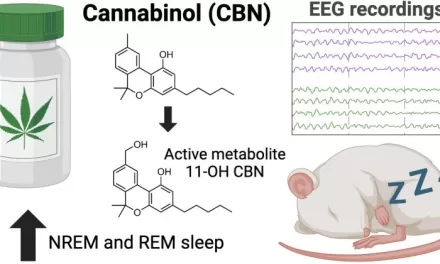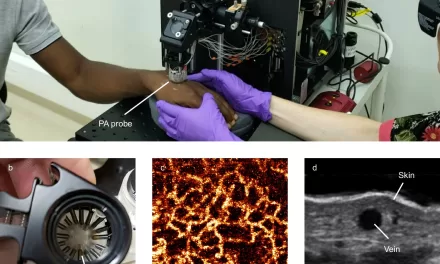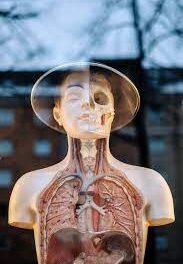New Delhi: A Parliamentary Health Committee is recommending immediate curriculum reforms in medical education to address the growing threat of antimicrobial resistance (AMR) due to antibiotic overuse.
The Department-related Parliamentary Standing Committee on Health and Family Welfare highlighted the issue in its report on demands for grants 2025-2026, emphasizing the urgent need to control antibiotic overuse to safeguard public health. The committee stressed that the long-term effects of drug resistance could cripple the nation’s health.
The recommendation follows the National Medical Commission’s (NMC) release of a module for medical students, doctors, and allied health professionals in 2024, aimed at raising awareness about AMR.
According to estimates, bacterial AMR was directly responsible for 1.27 million deaths globally in 2019, with an additional 4.95 million deaths associated with drug-resistant infections. The committee is advocating for a national antibiotic policy to cover all aspects of antibiotic misuse and prevention.
The panel also addressed the necessity of national antimicrobial guidelines, noting that the Indian Council of Medical Research (ICMR) issued guidelines in 2019 and 2022.
The NMC has previously advised doctors to prescribe antibiotics based on diagnostic reports and severity of cases. Furthermore, the Union Minister of State in the Ministry of Health and Family Welfare announced that 50 state medical colleges are now part of the National AMR Surveillance Network (NARS-Net). India has also participated in the Global AMR Surveillance System (GLASS) since 2017, submitting national AMR surveillance data from NARS-Net since 2018.
Disclaimer: This article is based on a report from Medical Dialogues. Further research may be required for a comprehensive understanding.
Citations:
[1] https://medicaldialogues.in/news/health/parliament-panel-flags-antibiotic-overuse-calls-for-urgent-curriculum-reforms-to-tackle-amr-crisis-146272












